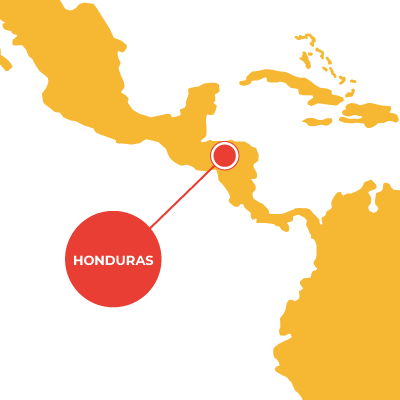Regional study: Migration regularization programmes and processes
This study was prepared in collaboration with the Regional Conference on Migration (RCM). It presents a contextualization of regularization programs and processes in North America, Central America and the Dominican Republic.


